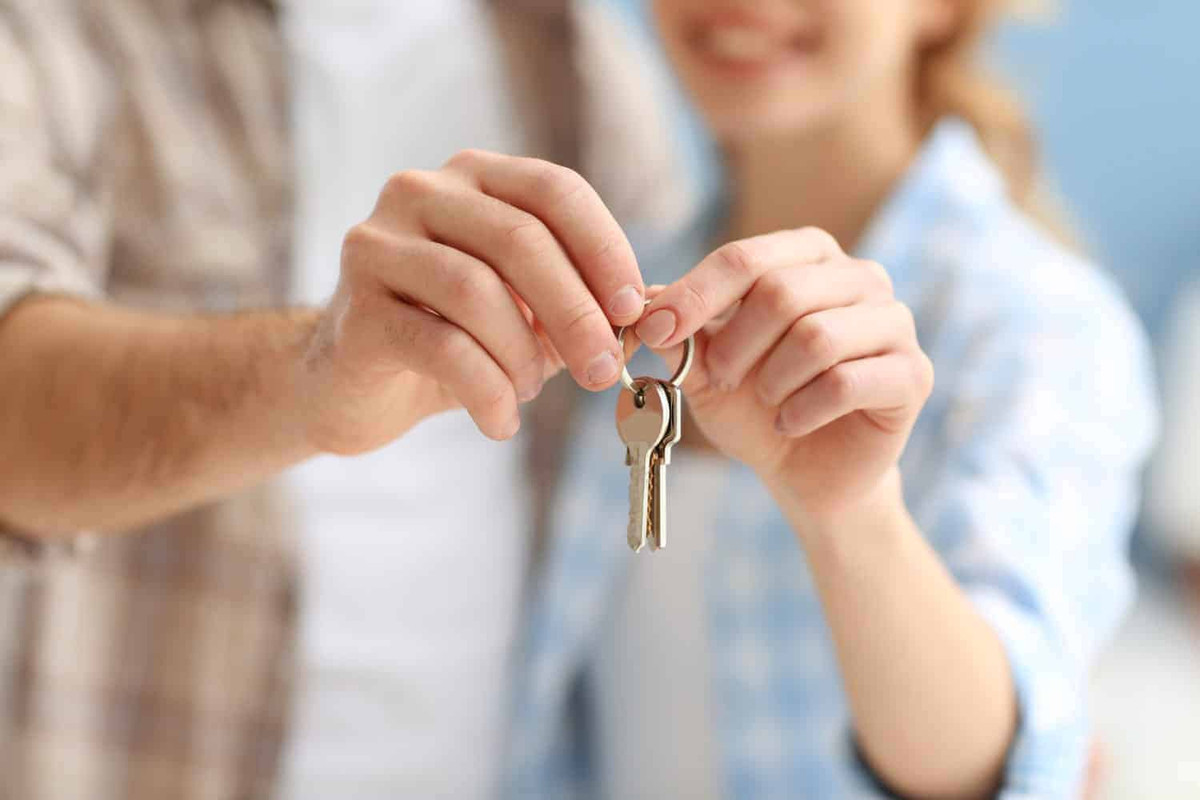Financing Options
We understand that the home buying process can seem pretty intimidating. We get it; we've all been there too! We're here to make this journey as smooth as possible for you and your family! Give us a call or reach out through our contact form. We truly appreciate you allowing us to earn your business.
Chattel "Home Only" Option
Conventional Mortgage "Land and Home" Option
Land in Lieu Down Payments
Government Options: USDA, FHA, VA
Choose Your Own Lender
Cash Deals
Poor Credit Options
What Do Banks Look For?
What do banks look for?
There are several things the banks will look for when determining if they will offer your financing for your new manufactured home in Texas. Each bank has its own unique set of criteria for determining this; however, these are some factors that all banks consider.

Credit score
our credit score is a number that gives the banks a snapshot of your financial past. This number factors in payment history, credit utilization, and length of your credit history. The higher the number, the better your credit. There are three credit bureaus that each produce a separate credit score for you. Some banks may only look at one, whereas others will look at the sum of all three. As a new homebuyer, you must know where you stand concerning your credit score so that you are aware of the financing options available to you.
Current debt to income ratio
The banks also look at the ratio between your existing debts and current income. This is commonly referred to as your DTI. Your credit score is essential; however, a low credit score can be offset with a higher down payment. Banks are legally not allowed to lend you money if they determine you do not make enough money to cover your current debts and add a new mortgage payment. Items that show on your credit reports as monthly obligations will factor into your DTI. So will things like child support and loans you co-signed for. When figuring out your debt-to-income ratio, the bank looks at all the expenses associated with your home purchase. This includes lot rent, land costs, taxes, and homeowner’s insurance. If a family member allows you to place your home on their property at no cost, make sure you disclose that to the banks.
When figuring your debt to income ratio, the bank looks at all the expenses associated with your home purchase. This includes items like lot rent, land costs, taxes and homeowner’s insurance. If a family member is allowing you to place your home on their property at no costs, make sure you disclose that to the banks up front.
Job history
At a minimum, the banks will need to see your two-year work history. This does not mean it must be at the same job. You will need to show W-2s and pay stubs to document your job history, so do not count under the table jobs that cannot be proved with a paper trail. Some banks require you to detail a more extended job history.
Down payment percentage
The amount you’re willing to put down as the initial investment for your new manufactured home plays a critical role in your bank application. Even the most challenged credit can get approved for a loan with a large enough down payment. In most cases, the minimum allowed by a bank will be 5% and can go as high as 40%, depending on the factors above.

Odessa
Working Hours
Mon - Thurs: 9am - 7pmFri - Sat: 9am - 6pm
Sun: By Appointment Only
San Antonio
Working Hours
Mon - Thurs: 9am - 7pmFri - Sat: 9am - 6pm
Sun: By Appointment Only
Working Hours
Mon - Fri: 10am - 7pmSat: 10am - 6pm
Sun: Closed

Odessa
Working Hours
Mon - Thurs: 9am - 7pmFri - Sat: 9am - 6pm
Sun: By Appointment Only
San Antonio
Working Hours
Mon - Thurs: 9am - 7pmFri - Sat: 9am - 6pm
Sun: By Appointment Only
Working Hours
Mon - Fri: 10am - 7pmSat: 10am - 6pm
Sun: Closed




